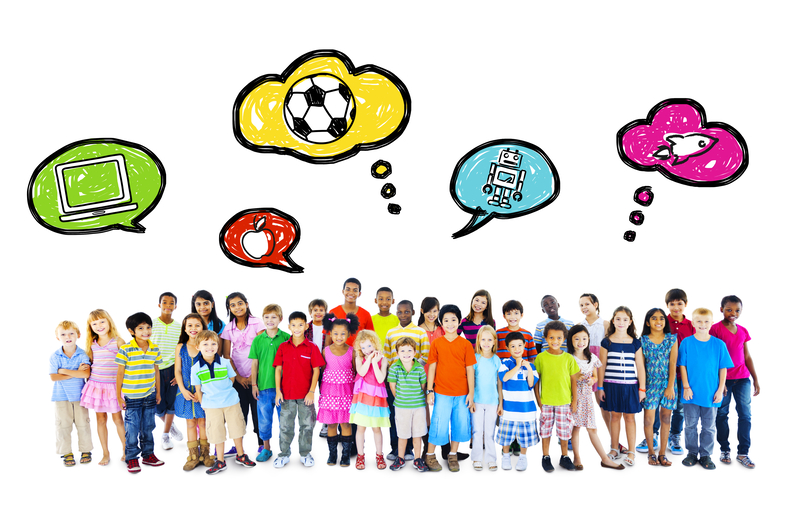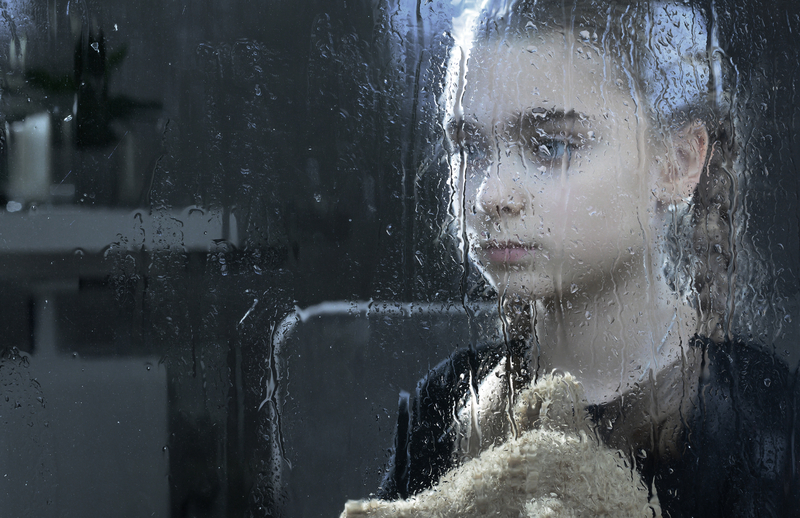Childhood depression and anxiety are mental health disorders that can have a significant impact on a child’s overall well-being. Depression is characterized by persistent feelings of sadness, hopelessness, and a loss of interest in activities that were previously enjoyable. Anxiety, on the other hand, is characterized by excessive worrying, fearfulness, and avoidance of social situations or activities.
It is important to address these conditions in children as they can lead to long-term consequences such as academic difficulties, substance abuse, and social isolation. Early intervention and treatment can help children develop coping skills and overcome these challenges. In this article, we will explore the symptoms, diagnosis, and treatment options for childhood depression and anxiety.
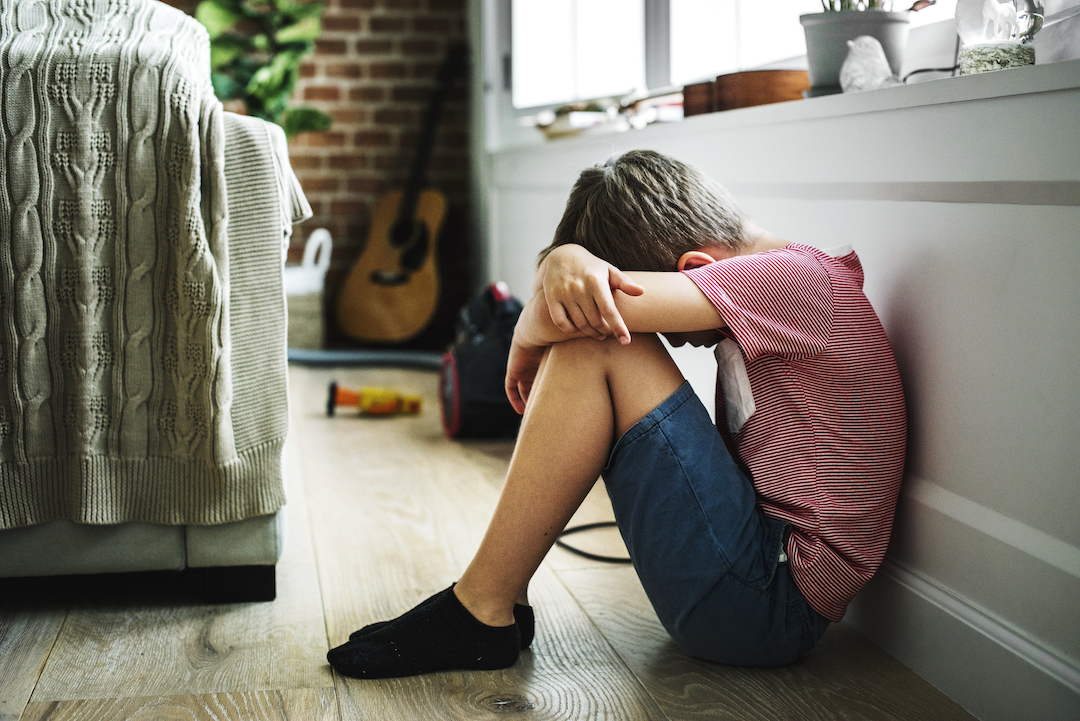
Symptoms of Childhood Depression
The symptoms of childhood depression can vary depending on the child’s age, personality, and environmental factors. However, some common symptoms of childhood depression include:
- Persistent sadness or irritability: A child with depression may feel sad or irritable most of the time, often for no apparent reason.
- Loss of interest in activities: Children with depression may lose interest in activities they previously enjoyed, such as playing with friends or participating in sports.
- Changes in appetite and sleep patterns: Children with depression may experience changes in appetite, either eating more or less than usual. They may also have difficulty sleeping or sleeping too much.
- Difficulty concentrating: Children with depression may have difficulty concentrating or making decisions.
- Suicidal thoughts or behavior: In severe cases, children with depression may have thoughts of suicide or engage in self-harming behavior.
Symptoms of Childhood Anxiety
Childhood anxiety can manifest in various ways, and symptoms can vary depending on the type of anxiety disorder. However, some common symptoms of childhood anxiety include:
- Excessive worrying or fearfulness: A child with anxiety may worry excessively about things that seem small or unlikely to happen. They may also feel anxious or fearful without a specific reason.
- Physical symptoms, such as stomachaches or headaches: Anxiety can cause physical symptoms, such as stomachaches, headaches, or muscle tension.
- Difficulty sleeping or nightmares: Children with anxiety may have difficulty falling asleep or staying asleep. They may also experience nightmares or night terrors.
- Avoidance of social situations or activities: Children with anxiety may avoid social situations or activities that trigger their anxiety. This can lead to social isolation and difficulty making friends.
- Panic attacks: In severe cases, children with anxiety may experience panic attacks, which can cause symptoms such as a racing heartbeat, sweating, and difficulty breathing.
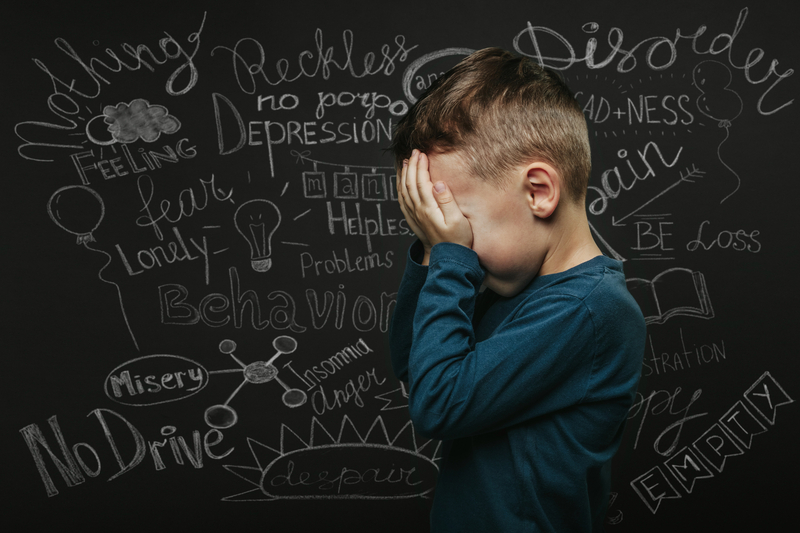
Diagnosis of Childhood Depression and Anxiety
Diagnosing childhood depression and anxiety can be challenging as symptoms can be subtle and vary between children. It is essential to seek professional help from a qualified healthcare provider if a child is showing symptoms of depression or anxiety. The following are some healthcare professionals who can diagnose and treat these conditions:
- Pediatricians: A pediatrician can evaluate a child’s physical and mental health, and refer them to a specialist if necessary.
- Child psychiatrists: A child psychiatrist is a healthcare professional who specializes in the diagnosis and treatment of mental health disorders in children. They can prescribe medication and provide psychotherapy.
- Clinical psychologists: Clinical psychologists are trained to diagnose and treat mental health disorders through psychotherapy and counseling.
- Licensed clinical social workers: Licensed clinical social workers can provide counseling and support to children and families.
The diagnostic criteria for depression and anxiety in children are similar to those for adults. However, some symptoms may manifest differently in children. A healthcare provider may use a combination of interviews, questionnaires, and observations to make a diagnosis. The diagnostic criteria for depression and anxiety in children typically include persistent symptoms that interfere with daily life and last for several weeks or more.
Treatment Options for Childhood Depression and Anxiety
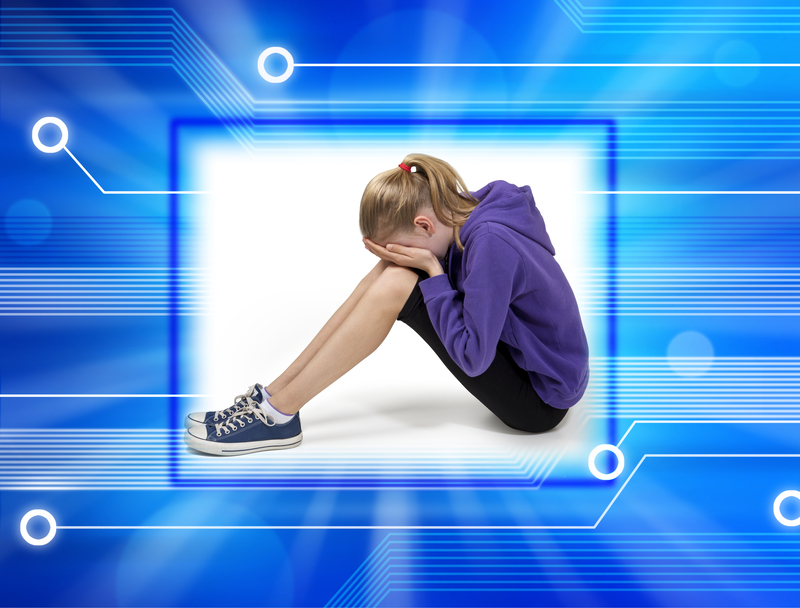
There are several treatment options available for childhood depression and anxiety. The most effective treatment plan will depend on the child’s individual needs and the severity of their symptoms. Here are some common treatment options:
- Parental involvement and support: Parental involvement and support are essential for treating childhood depression and anxiety. This includes being present, celebrating every achievement as if it is a big one, and providing them with unconditional support. To have quality time together, you could rent some movies for movie nights or find some fun activities to do in the backyard. The Confetti Event Rental can be a great resource for adding some excitement and color to your outdoor spaces.
- Psychotherapy: Psychotherapy, including cognitive-behavioral therapy (CBT), is a common treatment option for childhood depression and anxiety. It involves talking with a mental health professional to identify negative thought patterns and learn coping strategies to manage symptoms.
- Medication: In some cases, medication may be prescribed to treat childhood depression and anxiety. Medication options may include antidepressants, anti-anxiety medications, or other medications that can help manage symptoms.
- Alternative therapies: Alternative therapies, such as mindfulness meditation or exercise, can also be beneficial in managing symptoms of childhood depression and anxiety. These therapies can help children learn to manage stress and improve their overall well-being.
In conclusion, childhood depression and anxiety are serious mental health conditions that can have a significant impact on a child’s overall well-being. It is crucial for parents and caregivers to recognize the symptoms and seek professional help if they suspect their child may be struggling with these conditions. With proper diagnosis and treatment, children can learn to manage their symptoms and lead healthy, fulfilling lives.
Treatment options for childhood depression and anxiety may include psychotherapy, medication, alternative therapies, and parental involvement and support. It is essential to work with a qualified healthcare professional to determine the best treatment plan for a child’s individual needs.
By taking action and seeking help early, parents and caregivers can provide their children with the support they need to overcome these challenges and thrive. With the right treatment and support, children can develop the skills they need to manage their symptoms and lead happy, healthy lives.
